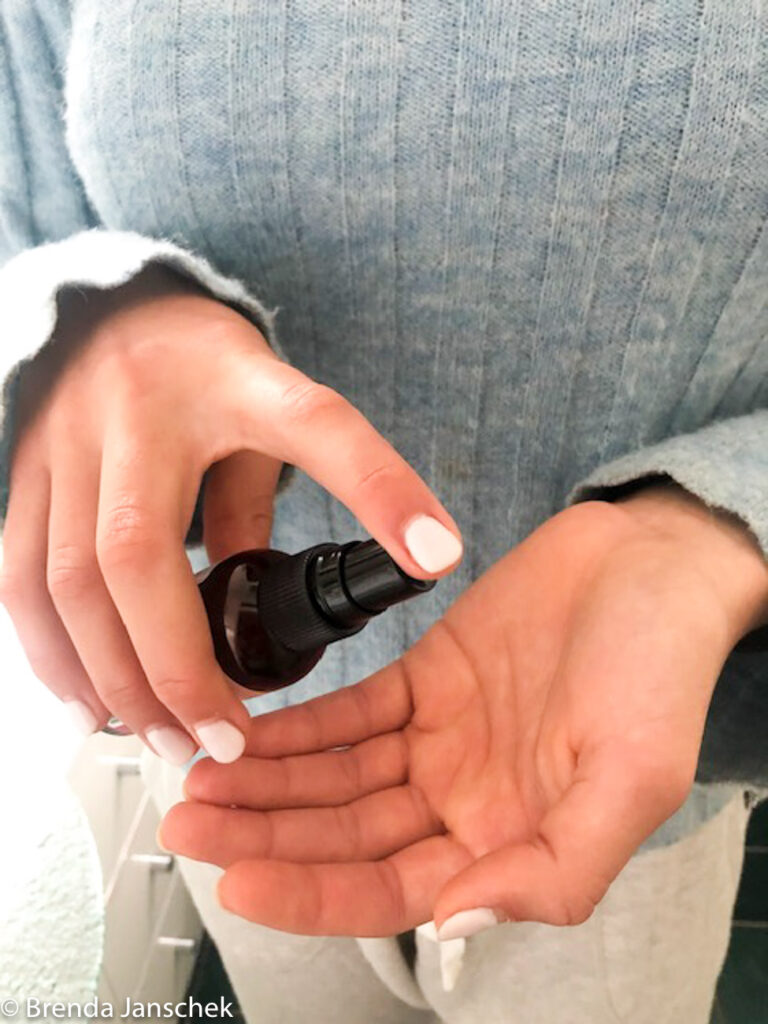
Steve Muth, like many in the healthcare space, launched ZEM Life for personal reasons. ZEM Life has built a smartwatch, which it’s currently seeking FDA approval for, that will be able to deliver Narcan in the case of fentanyl overdose, as well as other medications for other needs. The company was named after Muth’s only child, Zachary Ernest Muth (ZEM), who died tragically in 2021 from an opioid overdose.
Muth isn’t alone in this pain. The CDC estimates that in 2023, more than 107,000 overdose deaths occurred.
“My whole world changed, and I have only one purpose now, [which] is to find a way to stop that kind of pain from other parents to endure,” Muth said in an interview.
He initially thought of a device that could notify the authorities if someone had overdosed. But he later met co-founder Dr. Joanna Sawyer, an anesthesiologist, who had another idea: adding medicine to the device.
“Steve told me how he had dreamed of making something he could’ve put on Zach to tell him that there was a problem so that he could’ve gone and saved him,” Sawyer said. “I immediately thought of the smartwatches that are available that show pulse oximetry. They have accelerometer data input that can show if a person has fallen and if there’s a change in respiratory rate, and if there’s a decline in the saturation or pulse rate. All of these data points could be put together to be predictive of an opioid overdose and impending death.”
So ZEM Life was born. The idea is that if an overdose is detected, the smartwatch would set off an alarm (which could be deactivated by the user in the case of a false positive), Sawyer said. If they aren’t able to deactivate the device, an alert would be sent out to the authorities, who would be able to locate the user with a GPS location. Then the device would inject Narcan, which is held in a small cartridge in the watch.
The smartwatch would also be able to connect to a smartphone and have other daily use cases, such as showing the time and the ability to text. In addition, ZEM Life aims to offer the watch for other medical needs, such as heart attacks, asthma, seizures and more.
“We realized that this was way bigger than just fentanyl. … We realized that there were literally hundreds of different medical emergencies that death could be alleviated or mitigated with just a small amount of medication delivered at the right moment,” Muth said. “And all of these concerns we found out could be identified with the technology that is out today.”
The company is currently in the process of seeking FDA approval, for which there are many avenues, according to Sawyer.
“One of which is to submit applications for the cartridge separately,” Sawyer said. “Another is to submit the delivery device separately. We’ve chosen to obtain approval for the device first, to be the catalyst. Next would be seeking approval for the cartridge as a medication-containing device. Finally, we will see if we can streamline approval of all the cartridges containing medications since they’re already FDA-approved medications to incorporate within the device.”
Eventually, the company hopes to form partnerships with companies like Apple and Fitbit to sell the watches, as well as go through channels like hospitals, rehab centers, online stores and other areas.
So far, ZEM Life has been self-funded, though it’s currently applying for grants through the National Institutes of Health, Muth said.
There are other companies that are also working on wearable devices to combat overdose. One example is Ayuda Medical, which is currently seeking FDA approval. It offers an armband that can detect overdose and call for help, though it doesn’t inject medication.
Ultimately, in offering this smartwatch, Muth hopes to “see the face of the family that knows their child or their grandmother or their grandfather is still alive,” he said. “There are so many deaths that take place that could be preventable with just a little injection of the right medication at that right moment.”
Photo: kieferpix, Getty Images






